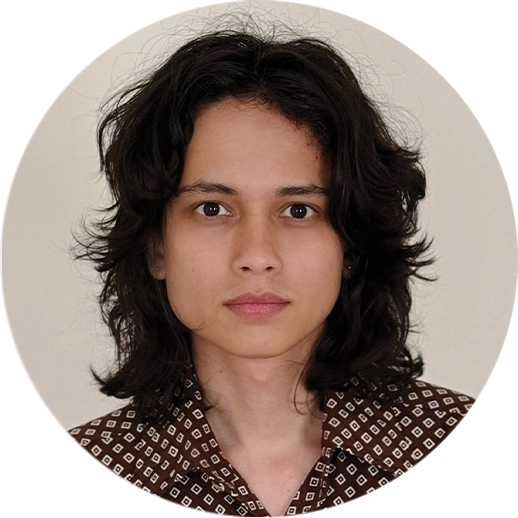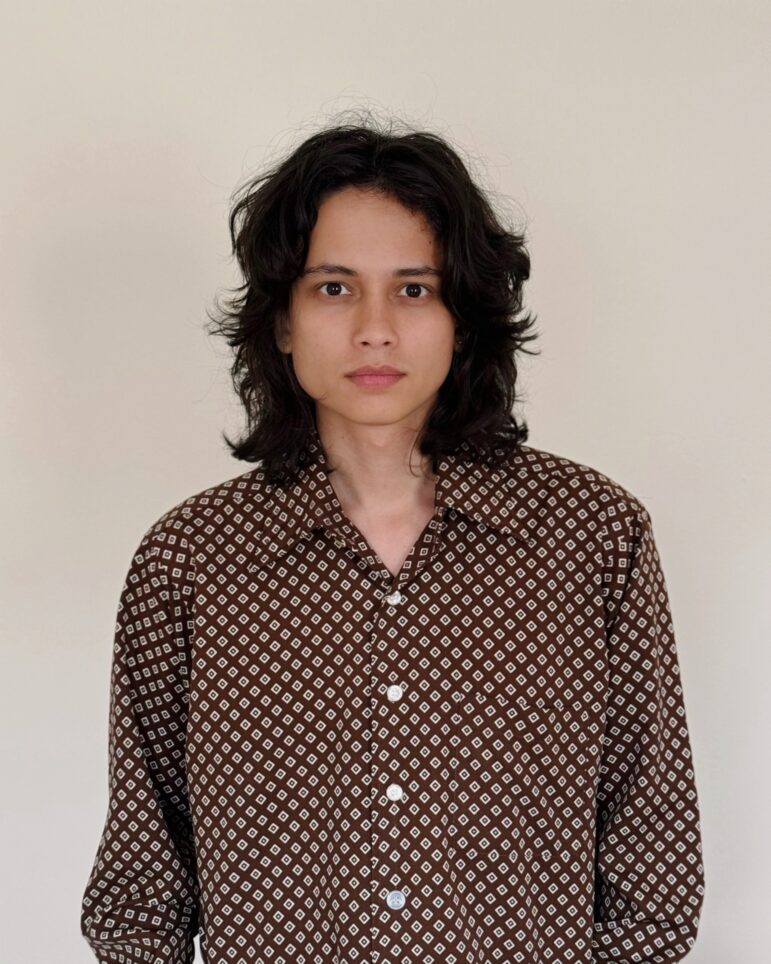Jojo Lorenzo

Digital producer
Twin Cities PBS, Minneapolis
Age: 29

In three words: “Creative, responsive, engaged”
What colleagues say: All of Jojo’s work makes a difference to our station, simply by setting an example of how to be wildly creative, nimble and responsive to your audience. Jojo has influenced our approach to YouTube thumbnails and titles, transferring knowledge gained from their work with PBS Digital Studios about design and SEO practices for YouTube. They have also shared their deep understanding of YouTube analytics.
Jojo models an iterative process that involves many stakeholders and yet resolves quickly and efficiently, an essential approach to digital work. They are always willing to jump into a collaborative conversation with anyone at the station, in service of bettering our work and reaching a younger audience. And they do all of this as a remote employee, collaborating via Teams or Zoom.
What Jojo says
Decision to work in public media: Seven years ago, I was just a couple of years out of film school, still figuring out how to turn my passion for filmmaking and documentaries into a career. I sort of stumbled into working in public media. During my job interview at Twin Cities PBS, they asked what my favorite PBS programs were. I had to sheepishly admit that I didn’t really watch anything on PBS. They were looking for someone with a fresh perspective at the time, so I don’t know if that answer hurt or helped my job interview!
I’ve always been a documentary nerd, loving everything about watching and making them. When I got the opportunity at PBS, I thought, “Why not?”
Key accomplishments: My proudest accomplishment is hosting the PBS Digital Studios series Subcultured. Normally, I’m the one behind the camera, so stepping in front of it for this one was a whole new adventure. I met some phenomenal people who completely changed my perspective on life.
One unforgettable moment was during an episode about gamers with disabilities. I played Mortal Kombat against Carlos Vasquez, a blind gamer. He mastered the game using sound cues, showing me that with enough determination, you can overcome any obstacle.
Then there was the deep dive into underground virtual reality nightclubs. Experiencing these firsthand was mind-blowing. I saw how technology has created a safe, inclusive space for LGBTQ clubbers, allowing people to express themselves freely through their avatars.
Inspired by: A lot of my inspiration comes from being chronically online. Social media is a big part of it, but I also love digging into old-school message boards and chat rooms, they feel really nostalgic to me. I kind of miss the days when message boards and chat rooms felt like magical portals to different parts of the world. You could stumble upon random and amazing conversations without everything being curated by algorithms. Nowadays, with the constant flood of information, it’s harder to find those unexpected gems.
Advice for young public media professionals: Think of yourselves as the creative force that can help public media not just catch up, but actually set new trends. Your fresh ideas and unique perspectives are exactly what public media needs to stay relevant and innovative.
Advice for public media leaders: Be bold and be willing to take big risks. Don’t be afraid to shake up people’s perceptions of what public media can be. We have a unique opportunity to be trailblazers in the media landscape.
Funniest thing that’s happened on the job: For our music program Sound Field, we filmed an episode about ballroom and voguing culture in New York City. The ballroom scene is an incredible LGBTQ community created by Black and Latino people. When we showed up at the nightclub to film, the emcee spotted us and, with perfect comedic timing, got on the mic and started chanting “PBS KIDS DOT ORG” to the beat of the music. The whole club erupted in laughter and cheers. We couldn’t stop laughing.


